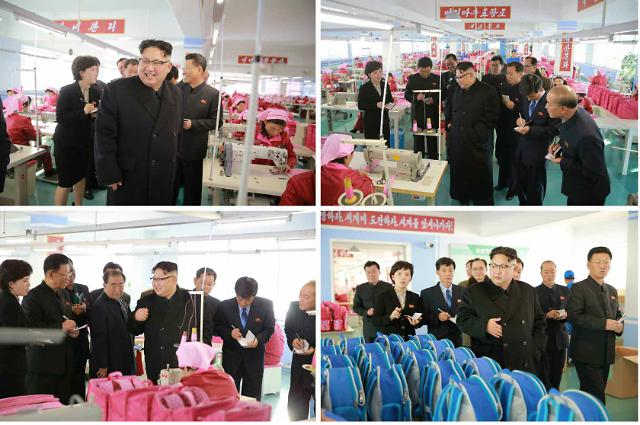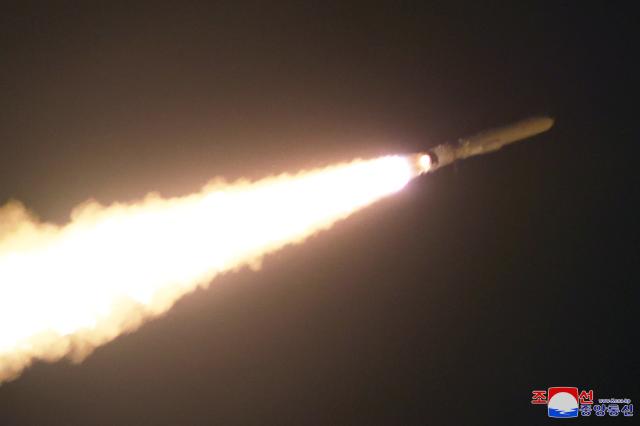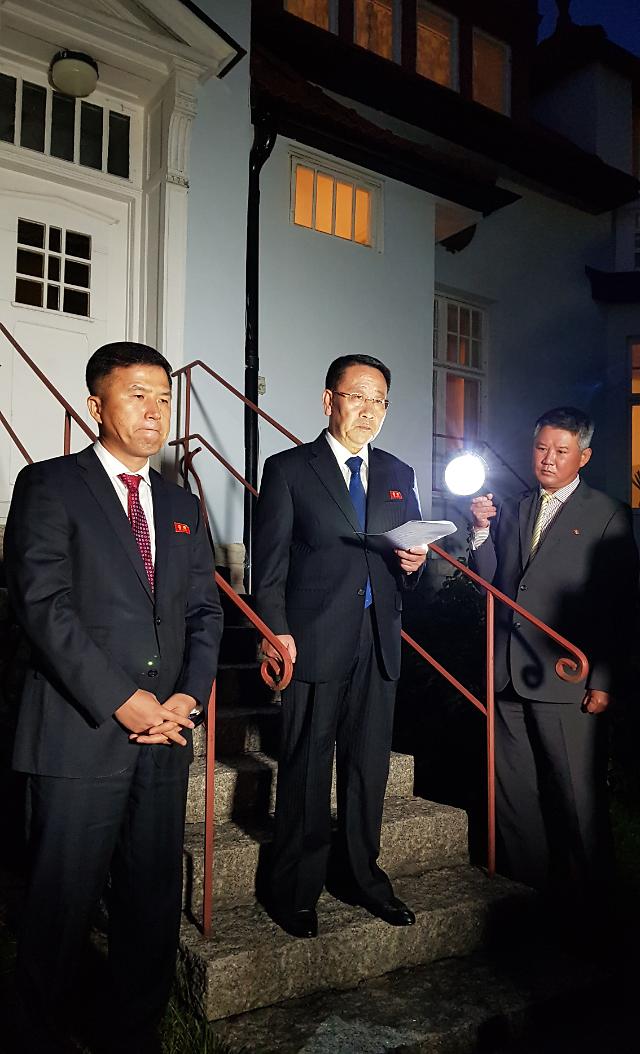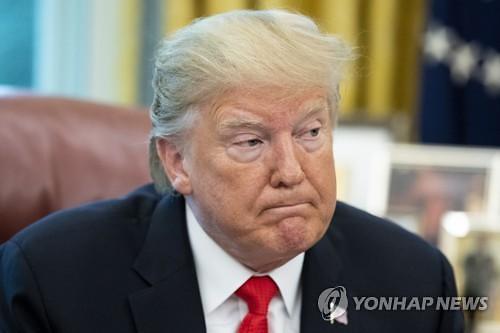
North Korean leader Kim Jong-un inspects a bag factory in Pyongyang.[Yonhap News Photo]
QR (quick response) codes, a ubiquitous element of modern civilization, are used widely around the world, but the system has only recently become commercialized in North Korea, which is insensitive to modern consumer devices like smartphones.
While a barcode system that can provide detailed up-to-date information on products is apparently in use at stores, ordinary citizens in Pyongyang are still incognizant of it, according to Choson Exchange, a Singapore-registered non-profit organization.
"In Pyongyang, these codes have been showing up in all kinds of ways in the last six months: to mark exhibition items at the Sci-Tech Complex, in inventory systems at supermarkets, and on consumer products," the organization said in a report on its website.
North Koreans did not know anything about QR codes, and scanned codes "didn't appear to take us anywhere" probably because related information went to a domestic intranet portal which restricts free access, Choson Exchange said.
It quoted a female North Korea guide as saying during a visit to the Sci-Tech-Complex that QR codes on some items contained additional information about the exhibited item. "But this didn't seem to work. The information encoded in the QR codes we have scanned so far always seems to be some kind of ID."
"We think this means that she was describing a system in which that they use museum devices to scan the codes and then link the ID in the code to some explanation about the exhibition item in their computer system. This would be a fun feature in the museum and perhaps is not yet rolled out," Choson Exchange said.
The Sci-Tech-Complex refers to a sleek structure which was unveiled in Pyongyang last year to act as an e-library for scientific work and papers produced by scientists.
Barcodes which are used universally to automate supermarket checkout systems and have spread to many other tasks. The system means North Korean is slowly moving to a modern market system.
A catastrophic famine in the mid-1990s has crippled Pyongyang's centrally planned economy and state rationing system, allowing unofficial markets to spring up and letting many families live on private trading.
It's difficult to verify information about the tightly controlled country, but analysts and defectors say private markets now play a crucial role in daily economic activities in the reclusive country. Since Kim Jong-un took office in late 2011, North Korea has produced more consumer items.




